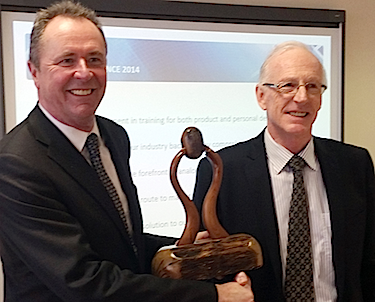Outsourcery Co-CEO Piers Linney is calling for more businesses to integrate UC tools and strategies to get the best from employees.
According to a study by 451 Research Group 39% of organisations just have basic email systems while 26% currently use email systems with advanced features that include integrated document management, rights-management and full-featured archiving.
Outsourcery's Linney underlines the opportunities that can be unlocked further through deploying a high performance, innovative unified communications solution.
"Businesses need to be aware of their reliance on their email system for the fundamental management of processes and delivery of service. With the rising consumer BYOD trend in particular, the key to achieving enhanced performance across the workplace in the future will be to invest in an advanced UC solution that will enable employees to work out of the office and check-in with their colleagues at their own convenience.
"UC solutions that are supported by cloud technology have the ability to be accessed on-the-go and provide an invaluable opportunity for businesses aiming to achieve greater connectivity to accelerate processes and generate increased business productivity.
"Further to this, a scalable architecture provides businesses with the potential for decreased IT expenditure, with the capability to modify the number of accounts required for employees. This will, in turn, save costs that can ultimately be channeled into other areas of the business."

 Norbain has cemented its position as ACT's top UK customer having been crowned numero uno by the Access Control provider.
Norbain has cemented its position as ACT's top UK customer having been crowned numero uno by the Access Control provider.